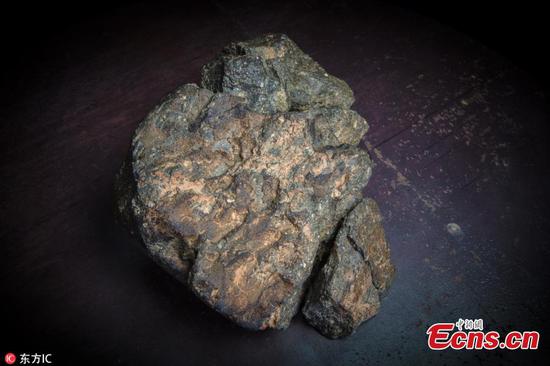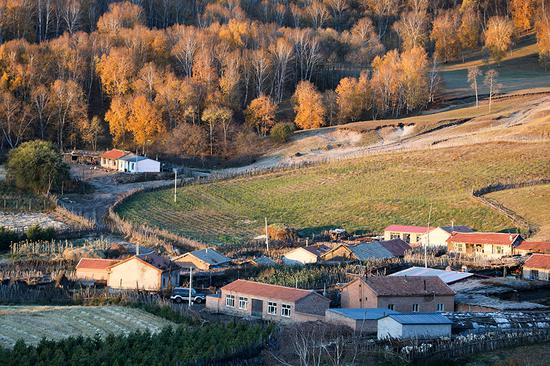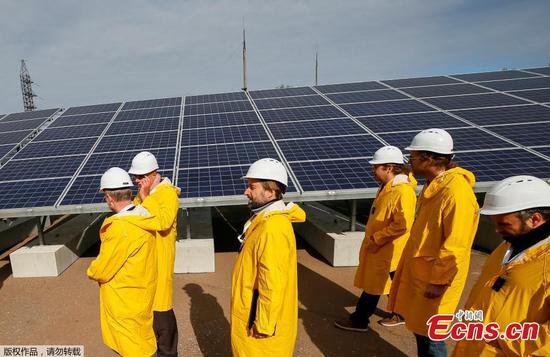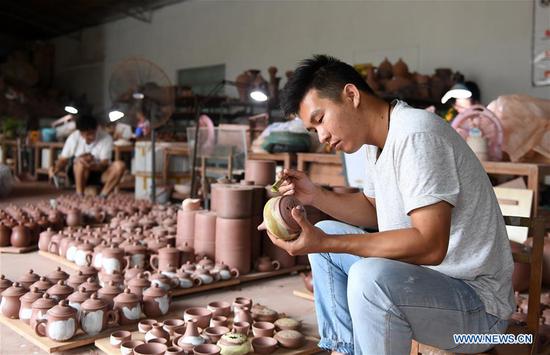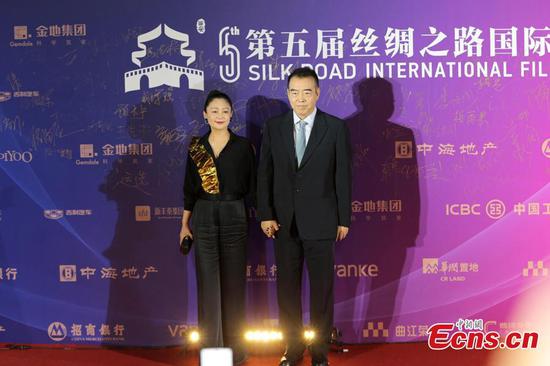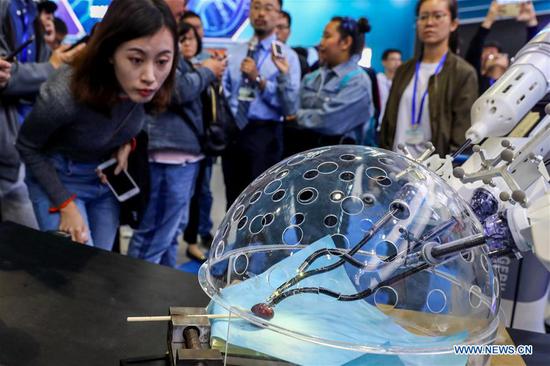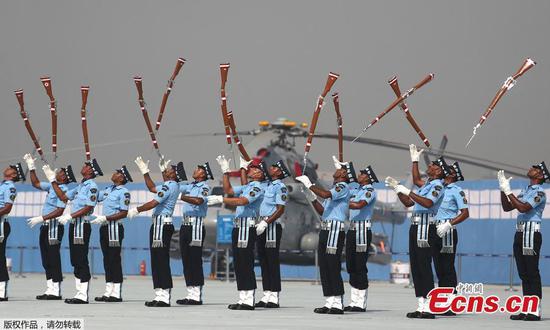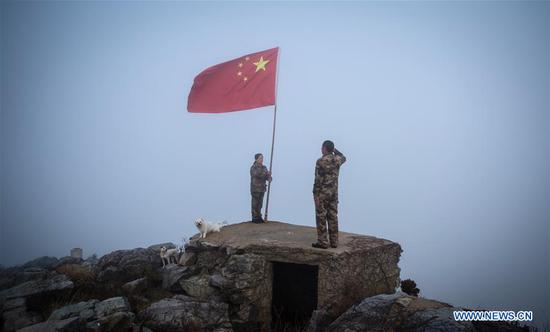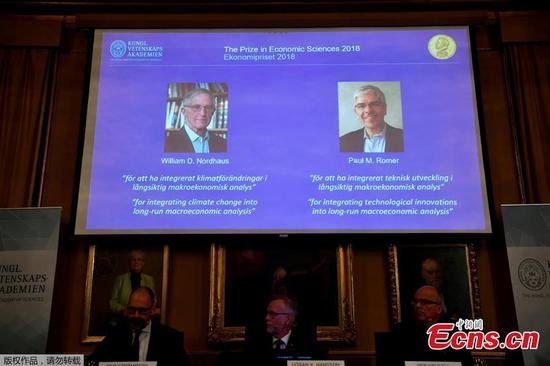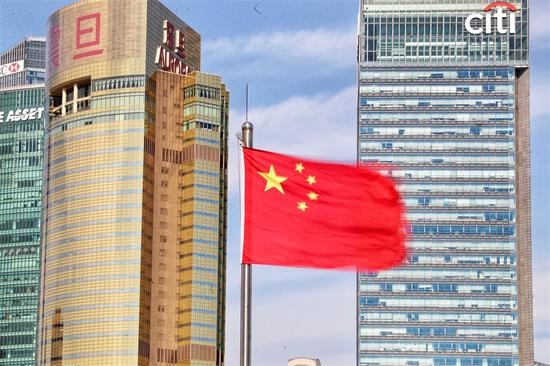The government's recent pledge to put reform of domestic State-owned enterprises (SOEs) in a "central position" shows the country's determination to build a market-oriented economy, experts said on Wednesday.
Chinese Vice Premier Liu He said during an SOE reform forum held in Beijing on Tuesday that the government should realize the central role of deepening SOE reforms, the government website gov.cn reported.
"The government should have this line of thinking - that it is better to break one finger than to hurt 10," Liu said, adding China must "bravely, practically proceed with the SOE reforms."
The government's pledge to pursue SOE reform comes at a time when some overseas countries, particularly the U.S., have accused China of not being a market economy. The Chinese economy has also been pressured by various external factors, such as global financial fluctuations and the Sino-U.S. trade dispute, and some overseas organizations have marked down their expectations for China's economic growth prospects for 2018 and 2019.
In November 2017, the U.S. submitted a statement describing China as a non-market economy to the World Trade Organization, according to media reports.
Li Jin, an expert on SOE reform, said that the government's call for SOE reform is a kind of response to the world, showing that China is unchanged and won't falter in moving toward a more market-oriented economy.
"The claim about the central position of SOE reform shows that of all China's current reform missions, such as tax reform and others, SOE reform will have the most decisive role. The government needs to activate the SOE reform to set other reforms in motion," Li told the Global Times on Wednesday.
Potential benefits
Ye Hang, an economics professor with the College of Economics at Zhejiang University, said that as the private sector is going through a hard time, the government wants SOEs to play a greater role in boosting the domestic economy.
In his speech, Vice Premier Liu listed six directions for pushing forward the SOE reforms, including proceeding with mixed-ownership reform, pushing through market-oriented operating mechanisms and reforming the authorized operation system.
Experts pointed out that the SOE reforms carried out so far have not led to concrete accomplishments, and now the time has come for SOE reforms to evolve from the "guideline" level to the practical stage.
"Very few SOEs have made practical and profound changes in key areas like the equity structure and salary system," Feng Liguo, a research fellow with China Minsheng Bank, told the Global Times on Wednesday. "Many SOEs have not rolled out clear, detailed plans or made them known to the public," he said.
But once such reforms are activated, they will bring significant changes to the domestic economy, Feng said.
"Now there are about 150 trillion yuan ($21.7 trillion) worth of assets supervised by the State-owned Assets Supervision and Administration Commission, but the majority of those assets are either idle or inefficient. If the assets can be activated by the SOE reforms, it will contribute greatly to the general economy," he noted.
But experts also noted that pushing SOE reforms does not mean the government will ignore or downgrade the private sector.
At a forum on September 28 in Taizhou, East China's Zhejiang Province, Premier Li Keqiang noted that the government will insist on equal treatment for companies with different ownership structures, according to information posted on gov.cn.









